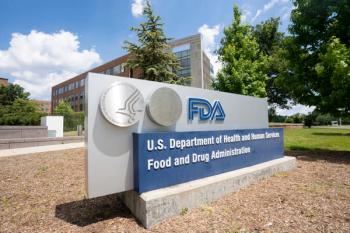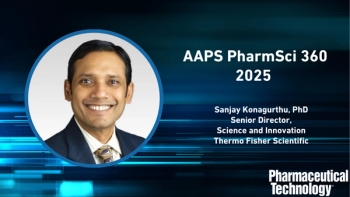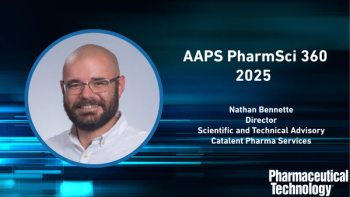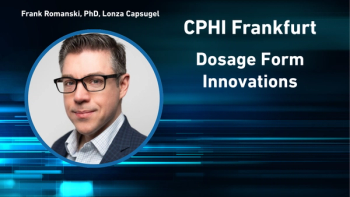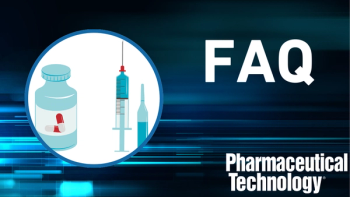
Generic APIs outstrip innovation
The global API market has expanded from $69 billion in 2004 to more than $90 billion in 2008 at an average yearly growth rate of 7.2%, according to a report from the Italian Chemical Pharmaceutical Association (CPA).
The global API market has expanded from $69 billion in 2004 to more than $90 billion in 2008, according to a report from the Italian Chemical Pharmaceutical Association (CPA); in particular, the report noted a rapid growth rate for generic APIs.
In particular, the report,
Unsurprisingly, the report attributes this trend to the same factors that are affecting other aspects of the pharmaceutical industry: the rising costs of discovering and launching new molecules onto the market, and the increased uptake of generics, which are available for most of today's common illnesses and can be up to 90% cheaper than an innovator drug. Generics are also being fuelled by the fact that doctors and pharmacists are becoming more aware of their costs and benefits.
The market rulers
The majority of the 2008 global merchant API market was dominated by North America (44.7% market share, with the US accounting for 41.9%). However, the figures show a different story when it comes to the 2008 generic API market; Asia/Pacific led the way with a 34.8% market share while North America accounted for just under 25%. China has also become a strong player, accounting for 19.2% (compared with 15.1% in 2004) of the 2008 market, and is now the largest country consumer of generic APIs in the world after the US.
According to the report, China, as well as India, registered the fastest growth rates in the world (more than 11.8% and more than 15.8%, respectively) and the two countries now account for approximately one quarter of the global merchant generic API market. Other developing countries have also experienced rapid annual growth rates in generic APIs, including Latin America (more than 9.4%, with growth mainly concentrated in Brazil) and Eastern Europe (more than 9.4%).
Meanwhile, countries in Western Europe haven't fared so well; particularly since the region's R&D-based pharma industry has been losing competitiveness to the US. The generic API market has been more dynamic than that for innovative APIs; however, growth rates have still been slow. Penetration of generic medicines in Western Europe is only 43% compared with 68% in the US, which the report attributes to differing regulatory frameworks between the two continents and a more consolidated mentality to generics in the US.
The report expects the generic API market to continue to grow at a faster rate than that for innovative APIs. During the next 5 years, the generic API merchant market is forecast to rise at an average annual rate of 11.4% from $17 billion in 2008 to 29.2 billion in 2013; the market for branded/innovative APIs will experience average yearly growth of only 1.8% to reach $20.8 billion in 2013. Overall, the global API merchant market is expected to reach $50 billion in 2013.
For generic APIs, the countries to watch will be Brazil, Russia, India and China, which are all expected to experience double-digit growth rates, according to the report. China will be the fastest growing market with an annual predicted growth rate of more than 18%. By 2013, the Chinese generic API merchant market will reach $7600 million.
Newsletter
Get the essential updates shaping the future of pharma manufacturing and compliance—subscribe today to Pharmaceutical Technology and never miss a breakthrough.

